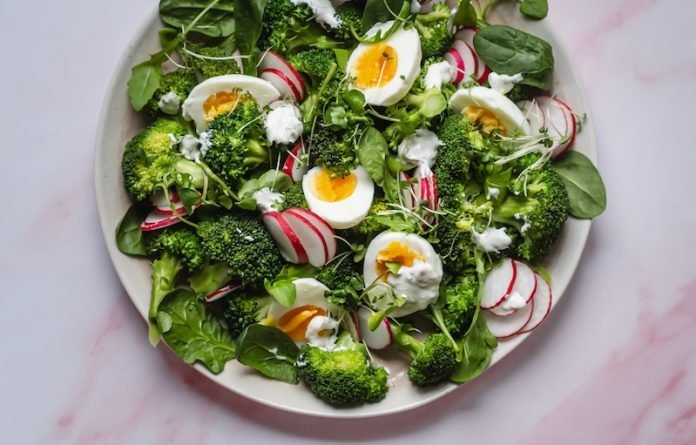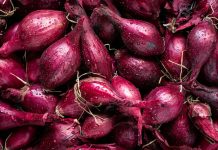
Increasing folate intake through diet or supplements may help reduce the risk of colorectal cancer (CRC), according to research co-led by Dr. Konstantinos Tsilidis from Imperial College London.
The study, published in The American Journal of Clinical Nutrition, analyzed data from over 70,000 individuals to identify genetic variants influencing the impact of folate intake on CRC risk.
The researchers found that higher dietary folate consumption reduced the odds of developing CRC by 7% for every 260 micrograms of dietary folate, equivalent to 65% of the daily recommended amount.
This suggests that folate may effectively reduce CRC risk even at regular dietary levels. The study also suggests that folate might influence cancer risk through different genes.
Folate is a natural form of vitamin B9 found in foods like spinach, cabbage, broccoli, whole grains, pulses, sunflower seeds, and citrus fruits.
It’s also available as a supplement in the form of folic acid. Folate is essential for producing red blood cells and is particularly important for pregnant women.
Bowel cancer is the fourth most common cancer in the UK, with nearly 45,000 people diagnosed annually. One in 18 women and one in 15 men are likely to receive a bowel cancer diagnosis in their lifetime.
The study supports the importance of a varied diet rich in whole grains, vegetables, fruits, and beans to reduce CRC risk. Further research is needed to identify specific genes involved in the interaction between folate supplements and CRC risk.
Dr. Helen Croker, Assistant Director of Research and Policy at the World Cancer Research Fund, emphasized the importance of folate-rich foods in a balanced diet.
Matt Lambert, Nutritionist and Health Information Manager at World Cancer Research Fund, highlighted the benefits of a diet based on vegetables, fruits, whole grains, and pulses in reducing cancer risk.
In conclusion, increasing folate intake through diet or supplements can be a practical and beneficial strategy to lower the risk of colorectal cancer, contributing to overall health and cancer prevention.
If you care about cancer, please read studies that a low-carb diet could increase overall cancer risk, and berry that can prevent cancer, diabetes, and obesity.
For more information about health, please see recent studies about how drinking milk affects the risks of heart disease and cancer and results showing vitamin D supplements could strongly reduce cancer death.
The research findings can be found in The American Journal of Clinical Nutrition.
Copyright © 2023 Knowridge Science Report. All rights reserved.



